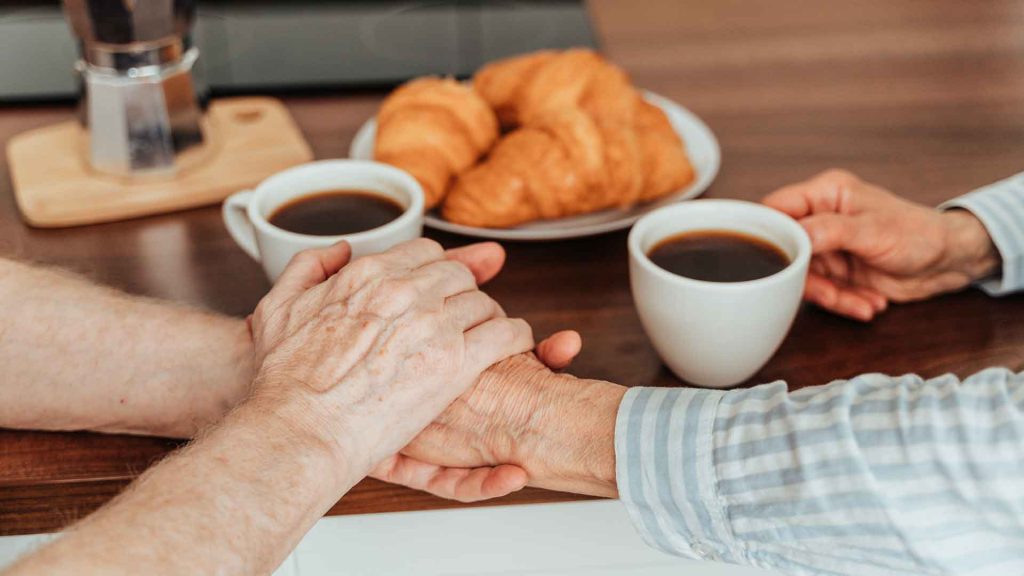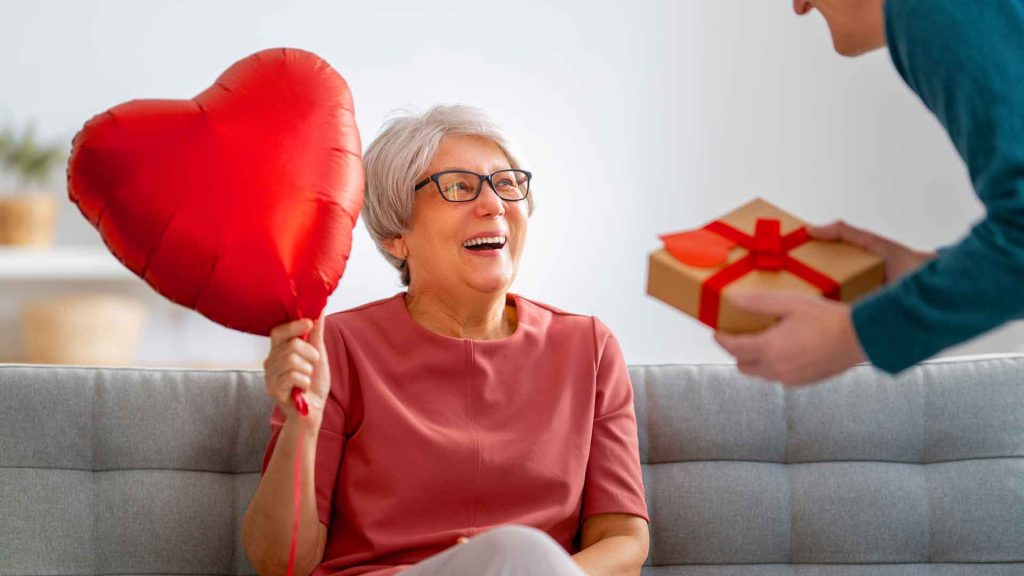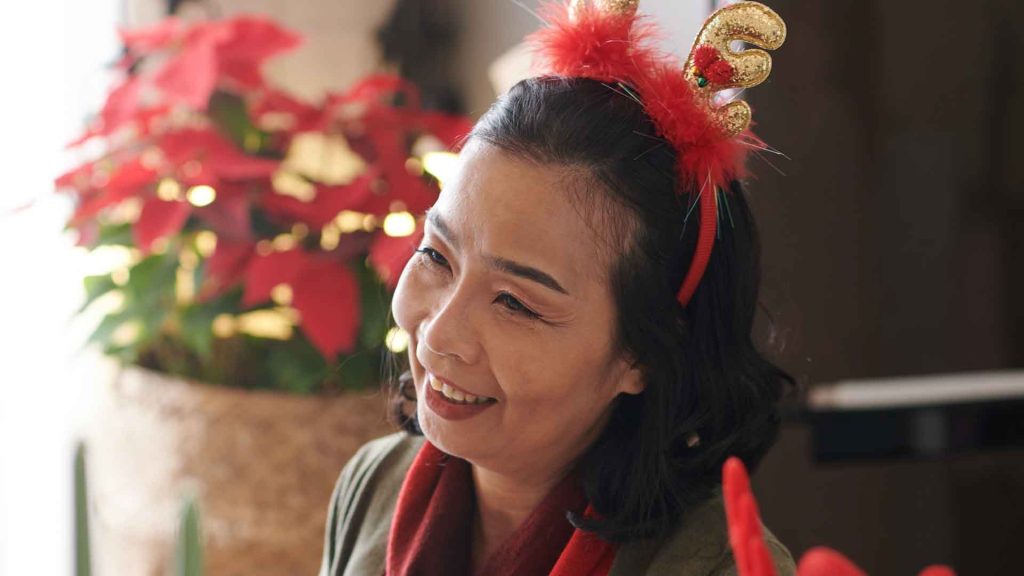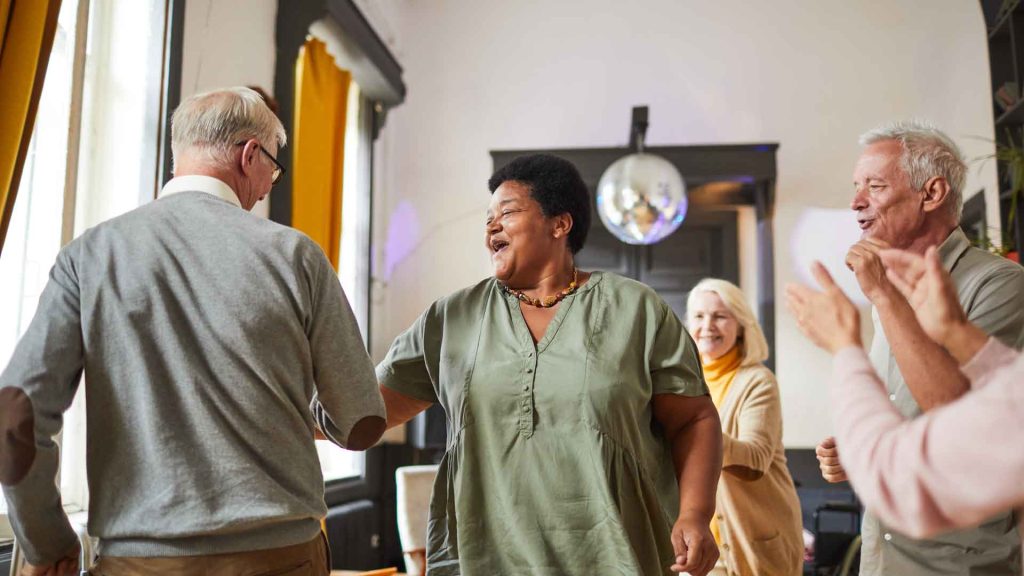Stroke Paralyzed Greg’s Arm — Now He Uses MyoPro

On August 8, 2018, Greg woke up around 3:00am and knew right away he was having a stroke. That night, of all nights, Greg was home alone. His wife was out of town, one of his sons was away at football camp and his other son was at a friend’s house. He knew he had […]
Stroke Survivor and Army Veteran Finds Direction

He owned an HVAC business and had a passion for woodworking. Losing the use of his right arm following a stroke was devastating, but MyoPro has renewed his confidence. Dave was a fixer, first with a direct support maintenance group in the Maryland Army National Guard and then as the hands-on owner of a thriving […]
What is Neuroplasticity and Why Is It Important For Stroke Survivors?

Your brain is constantly evolving, changing and rewiring itself throughout your lifetime, thanks to a concept called neuroplasticity in which neural connections are constantly being generated when we learn and practice new skills. That neuroplasticity is essential in stroke recovery, when the goal is to rewire the brain to undo the damage done by the […]
What is Pseudobulbar Affect (PBA)?

Damage to the brain caused by a stroke can cause emotional symptoms and personality changes that can be difficult for both the stroke survivor and their loved ones. One specific type of stroke damage that can be particularly unsettling is a neurological condition called pseudobulbar affect (PBA). PBA occurs when there is a communication disruption […]
Self-care for Stroke Caregivers

Taking care of a stroke survivor requires a great deal of physical and emotional energy. It’s important to take care of yourself so that you can continue to take care of your loved one. Just like the flight attendant tells you on the plane, you have to put on your own “oxygen mask” first before […]
Adapting to Stroke-related Spasticity

Spasticity is an effect of stroke that causes stiffness or rigidity in the muscles.This post-stroke symptom is quite common. In fact, anywhere from one-quarter to almost half of stroke survivors experience it in their first year post-stroke. A stroke survivor who is experiencing spasticity will find their muscles to be unreliable and sometimes painful. This […]
Adapting to Stroke-related Paralysis

Strokes may disrupt the communication channels between your brain and your muscles, and when this occurs, a stroke survivor can experience paralysis as a result. This inability to move muscles voluntarily, which can range in severity from foot drop to full paralysis, can be a significant obstacle to resuming activities and restoring quality of life […]
Communication Strategies for Stroke Survivors and Their Loved Ones

Communication problems – including difficulty speaking, writing and comprehending spoken and written language – are common effects of stroke. While this can present challenges to stroke survivors and their loved ones, these issues aren’t insurmountable. Specialized therapies can help stroke survivors overcome some of these communication barriers, while practical strategies can offer some work-arounds when […]
Tips for Managing Stroke-related Fatigue

Most stroke survivors can expect to experience some degree of fatigue, but fortunately you can take steps to manage it and reduce its effects on your daily routines. It’s important to recognize that fatigue is different from simply being tired. Fatigue typically doesn’t improve even when you get adequate rest. Catching up on your sleep […]
Brain Biology and Stroke

The brain is our body’s control hub, governing essentially all activity, both voluntary and involuntary. As such, the effects of a stroke can impair all aspects of our functioning, depending on which area of the brain has been affected and the type of stroke involved. As you travel through your journey of stroke recovery, […]